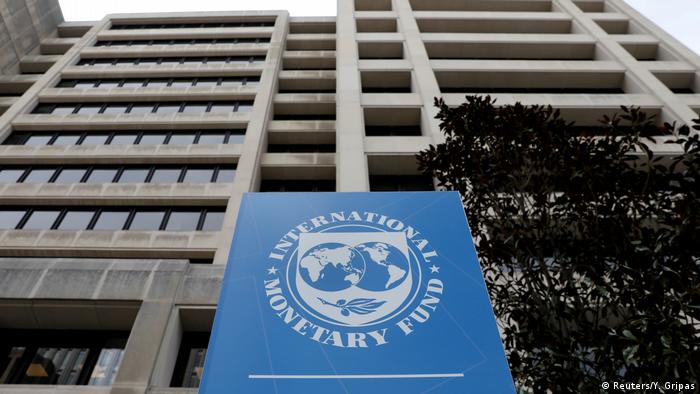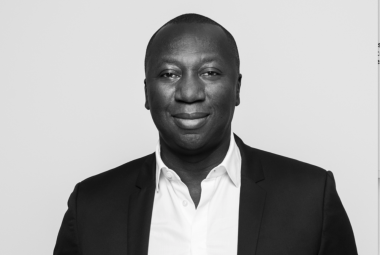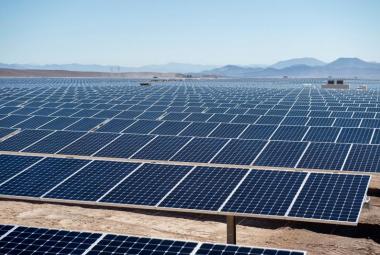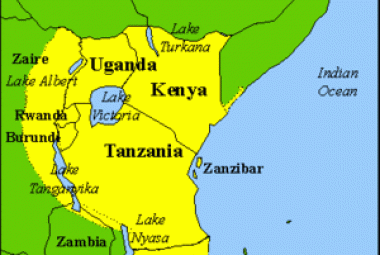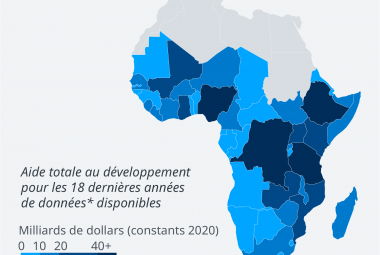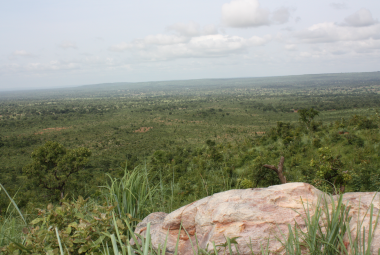To take part in the debate, we remind you that you should comply with our Ethics charter. You can simply send us a comment below or a longer article. Regarding the articles, in particular, please send them to us with a short biographical note and send them to the following address : afriquedestinations2021@gmail.com
TOPIC : In his speech of July 29, 1987 at the work of the 25th Summit Conference of Organization of African Unity (OAU) member countries in Addis Ababa, Ethiopia, which has now remained famous and historic, the former President of Burkina Faso, Thomas Sankara said, among other things, this:
“…Debt in its current form is a cleverly organized reconquest of Africa, so that its growth and development obey levels, standards that are totally foreign to us. Making sure that each of us becomes the financial slave, that is to say the slave quite simply, of those who had the opportunity, the ruse, the deceit to place funds with us with the obligation to reimburse. We are told to pay off the debt. It is not a moral question. It is not a question of this so-called honor to repay or not to repay..."
The intensification of economic relations between Africa and China allows the latter to have easier access to Africa's resources of raw and other materials. This is not without accelerating indebtedness on the African side. With Western countries, the situation of African countries is not totally different either. Africa is in debt all over the place. At the very risk of compromising the future of future generations, especially since this debt is not used wisely to increase its economic capacities and the competition that should allow it to free itself from its lenders. Quite the contrary.
QUESTION: Given that there is a link between debt resolution and governance as well as growth, how can the debt of African countries be managed more transparently and should the use of borrowed money be conditional? by the leaders to a certain number of monitoring criteria, including a greater right of scrutiny on the part of their civil society?
By The Editorial Board



